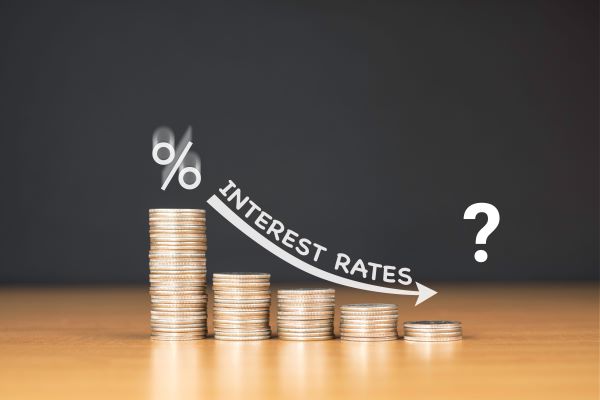UK CPI inflation slowed to 3.2% in March due to falling food prices and lower energy costs. This is down from 3.4% in February. Core inflation (excluding volatile food and energy prices) also fell, but inflation within the services sector remains high. The reduction in the price cap for domestic energy bills is expected to help inflation return to target in the short term, however, the Bank of England remains concerned about the potential for inflation to pick up again later this year, partly due to rising wages.
Wages continue to rise faster than inflation, as average wages excluding bonuses are up 6% compared to last year. Job vacancies remain higher than usual, but the unemployment rate and the number of economically inactive people increased. Meanwhile, the UK’s listed recruitment companies have reported a drop in revenues and profits as companies become more cautious about hiring new staff. The weaker outlook allowed Bank of England governor Andrew Bailey to raise the prospect of the UK cutting rates before the US.
For the following stories, please click on this link*
- USA: Strength if the USA economy causes markets to review expectations for rate cute
- Equities: Volatile markets help boost Wall Street bank profits
- USA: Consumer spending forces markets to reconsider rate cuts
(*Please note, The contents of this e-shot been prepared for general information only. It does not contain all of the information which an investor may require in order to make an investment decision. If you are unsure whether this is a suitable investment you should speak to your financial adviser. This information is not guaranteed to be correct, complete, or accurate. FE Research is a division of Financial Express Investments Ltd, registration number 03110696, which is authorised and regulated by the Financial Conduct Authority (FRN 209967). For our full disclaimer please visit www.financialexpress.net/uk/disclaimer. Data Sourced from FE Analytics, and Bloomberg Finance LP.)








